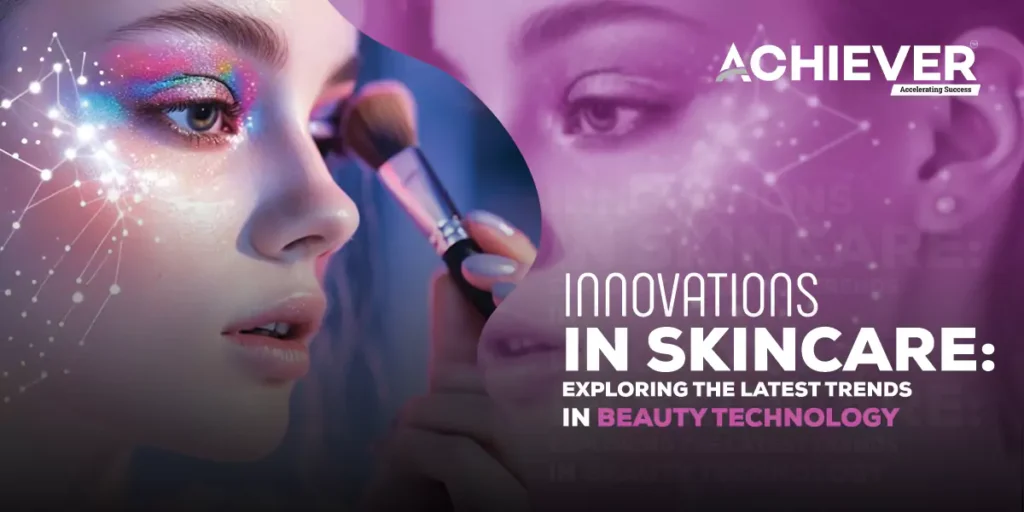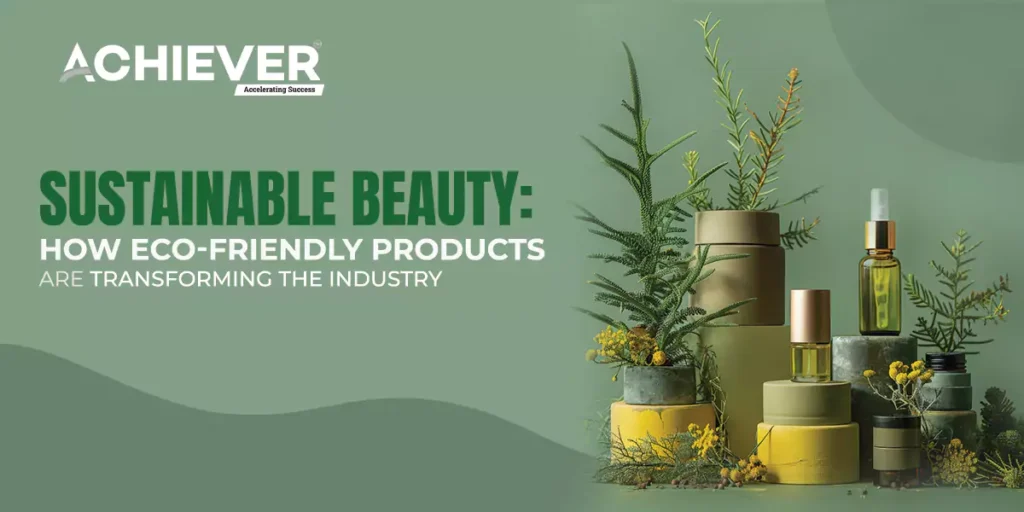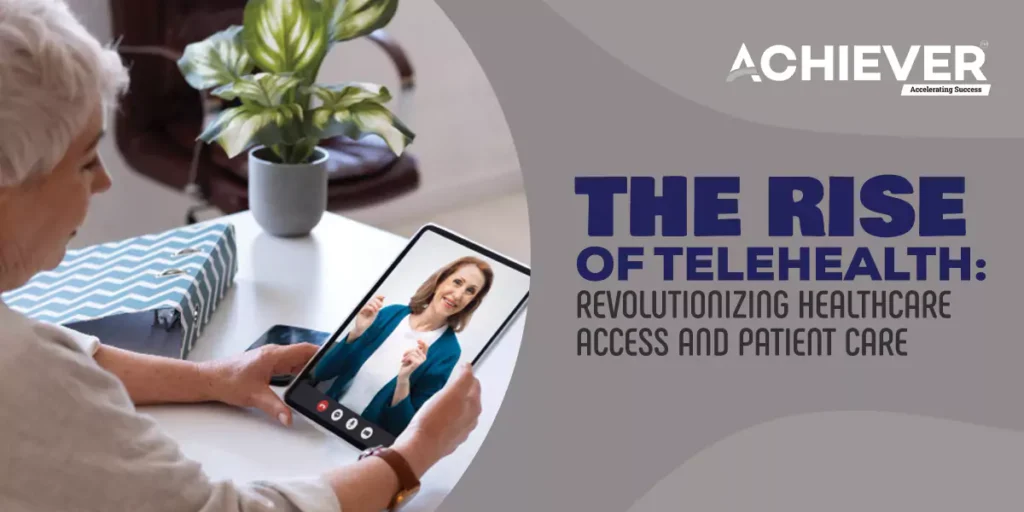The skincare industry is experiencing a technological revolution, with innovations that are not only transforming how products are formulated and delivered but also enhancing the overall consumer experience. As awareness of skin health grows and demand for effective solutions rises, brands are leveraging cutting-edge technologies to create products that are more effective, sustainable, and tailored to individual needs. Here, we explore some of the latest trends in beauty technology and their impact on the skincare landscape.
- Personalized Skincare Solutions
One of the most significant trends in skincare innovation is the move towards personalization. Consumers are increasingly seeking products tailored to their unique skin types, concerns, and lifestyles. Brands are responding by harnessing data-driven technologies to provide customized solutions.
For instance, companies like Curology and Proven Skincare utilize algorithms and skin assessments to create personalized formulations based on individual skin profiles. These brands analyze various factors, including skin type, environmental exposure, and personal goals, to develop bespoke products. The result is a more effective approach to skincare that addresses specific concerns rather than relying on one-size-fits-all solutions.
- AI and Skin Analysis Tools
Artificial intelligence (AI) is playing a pivotal role in revolutionizing skincare routines. Advanced skin analysis tools, powered by AI, allow consumers to assess their skin health and identify specific issues accurately. Brands like L’Oreal and Olay have introduced AI-driven apps that analyze skin conditions through photographs, providing personalized product recommendations and skincare routines.
These tools not only empower consumers to make informed choices but also help brands gather valuable insights into consumer preferences and skin concerns, ultimately guiding product development and marketing strategies.
- Smart Skincare Devices
The rise of smart skincare devices is another exciting trend in beauty technology. These devices utilize advanced technology to enhance the effectiveness of skincare routines and provide users with a more interactive experience. From LED masks that promote collagen production to ultrasonic cleansing devices that deep clean pores, smart skincare tools are changing the way consumers approach their skincare regimens.
For example, the Foreo Luna device uses sonic pulsations to cleanse the skin while promoting blood circulation. Similarly, brands like NuFace offer microcurrent devices that stimulate facial muscles, resulting in a firmer and more youthful appearance. These innovative tools provide consumers with professional-grade skincare experiences at home, making effective treatments more accessible.
- Sustainable and Eco-Friendly Technologies
As sustainability becomes a central focus for consumers, the skincare industry is prioritizing eco-friendly innovations. Brands are increasingly investing in sustainable packaging solutions, biodegradable ingredients, and environmentally conscious production methods.
For instance, companies like Fenty Skin and Lush are committed to using sustainable materials for their packaging and formulations. Fenty Skin, founded by Rihanna, emphasizes eco-friendly practices by utilizing recyclable packaging and natural ingredients. Lush has long been known for its commitment to minimal packaging and naked products, which reduce waste significantly.
Additionally, some brands are exploring biodegradable formulations that break down naturally in the environment, minimizing the impact on ecosystems. These advancements not only resonate with environmentally conscious consumers but also contribute to a more sustainable future for the beauty industry.
- Biotech Innovations
Biotechnology is rapidly transforming skincare, offering innovative solutions that enhance product efficacy and safety. Brands are utilizing biotechnological processes to create active ingredients that are more potent and effective. For example, Eucerin and Biossance have developed products that leverage biotechnology to create sustainable ingredients, such as squalane derived from sugarcane, rather than shark liver oil.
Additionally, biotech innovations are enabling brands to formulate products that target specific skin concerns with precision. For instance, peptides and growth factors are being harnessed to boost skin regeneration, while probiotics are being incorporated into formulations to promote a healthy skin microbiome.
- Clean Beauty and Transparency
With consumers becoming more informed about skincare ingredients, the demand for clean beauty products has surged. Brands are now prioritizing transparency in their ingredient sourcing and formulation processes, often highlighting their commitment to avoiding harmful chemicals and toxins.
Companies like Beautycounter and Herbivore Botanicals are at the forefront of the clean beauty movement, providing consumers with safe, effective products free from controversial ingredients. This trend not only aligns with consumer values but also encourages brands to adopt rigorous testing and formulation standards to ensure product safety.
Conclusion
The innovations in skincare technology are reshaping the beauty industry, making it more personalized, effective, and sustainable. From AI-driven personalized skincare solutions to smart devices and clean beauty initiatives, consumers now have access to an array of tools and products that cater to their individual needs and preferences.
As the skincare landscape continues to evolve, brands that embrace these technological advancements while prioritizing consumer education and sustainability will be well-positioned to thrive in this dynamic market. The future of skincare is not just about achieving beauty; it’s about enhancing overall skin health and well-being through innovation and responsibility. With technology leading the charge, the possibilities for skincare advancements are limitless, promising a brighter and healthier future for consumers worldwide.







